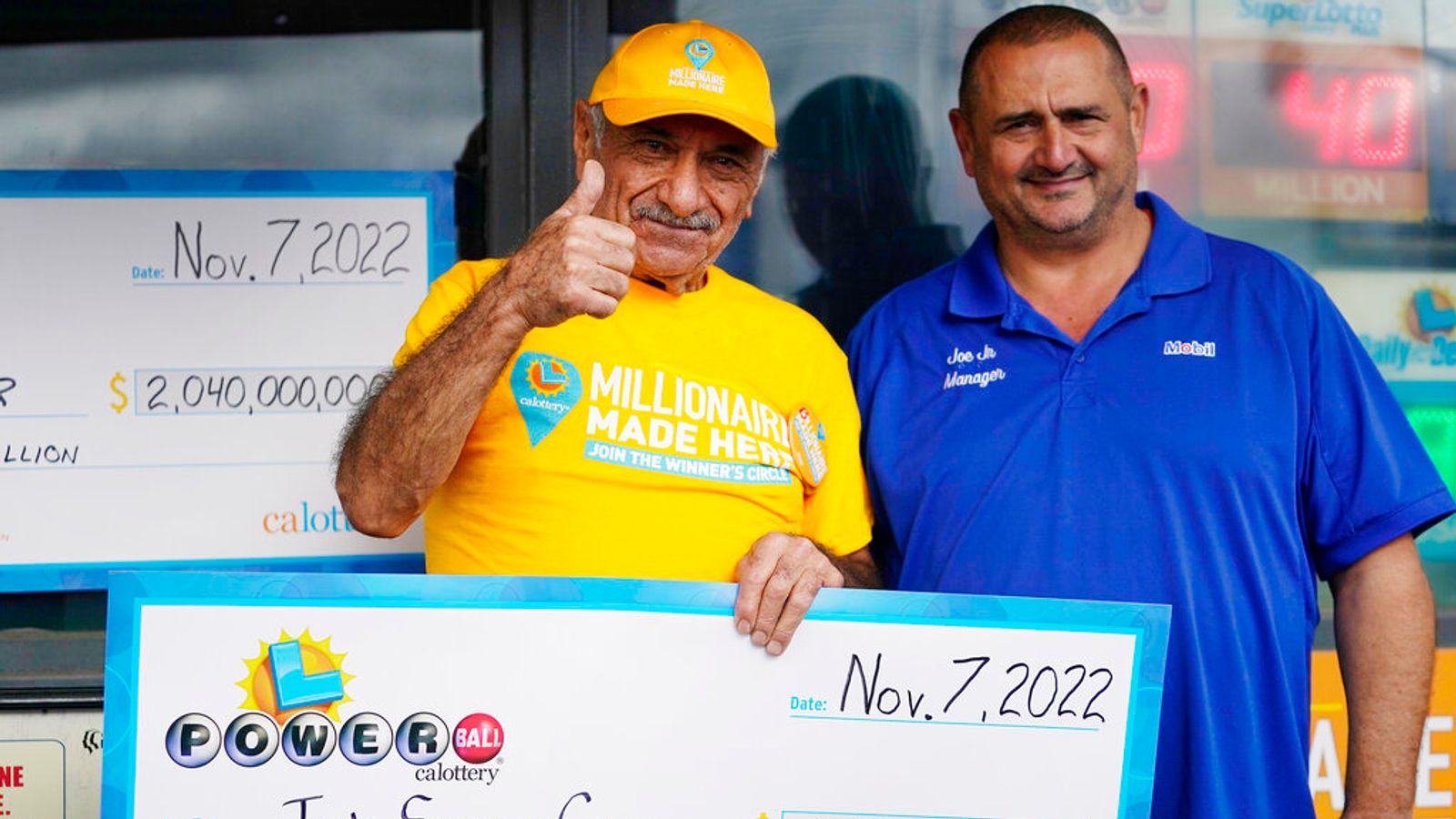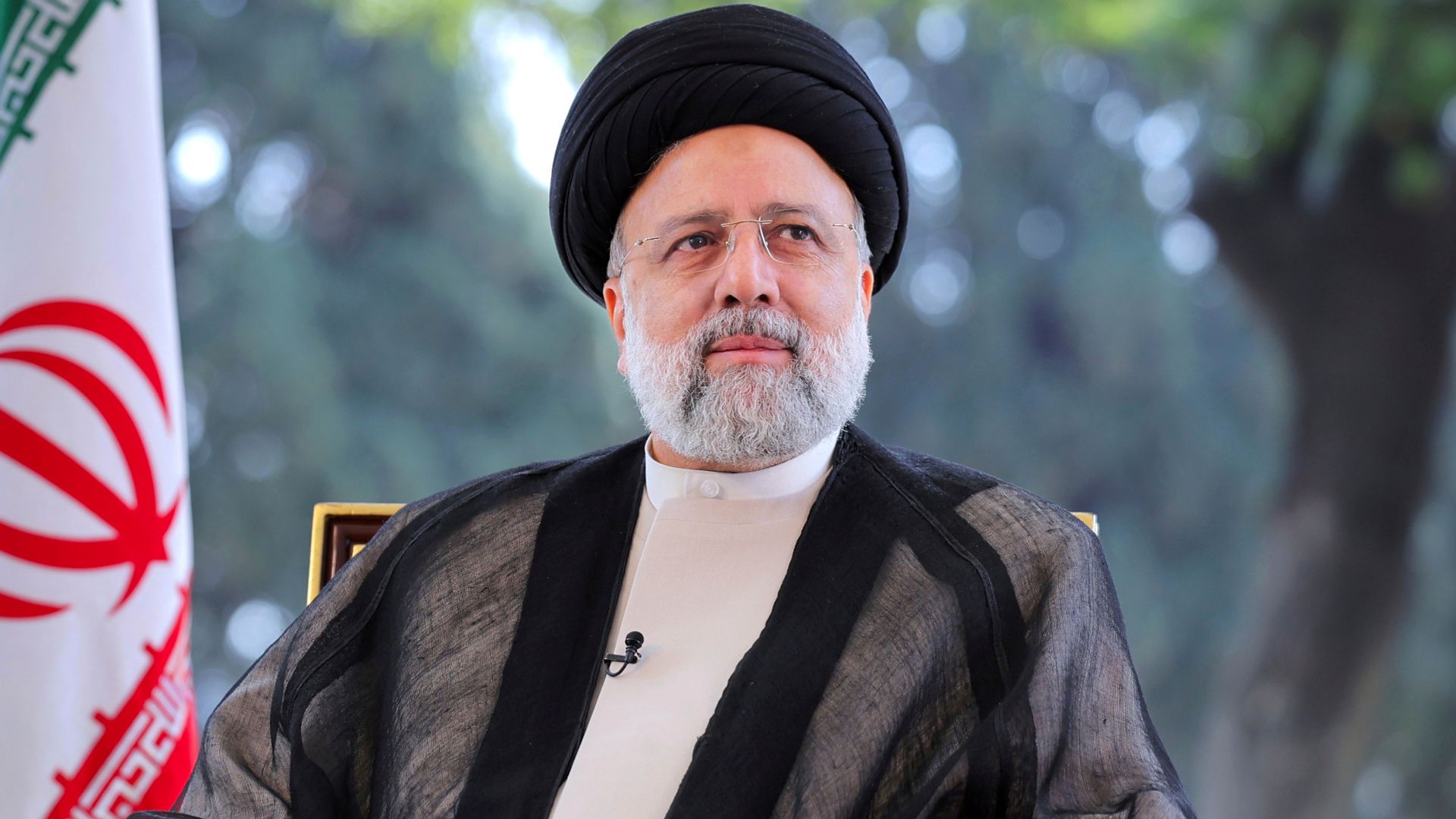A Los Angeles petrol station owner has won a $1m bonus for selling a world record prize-winning $2.06bn (£1.81bn) Powerball ticket.
The winning ticket, which is by far the biggest lottery jackpot ever paid out, was sold at Joe’s Service Center in Altadena, California.
It means that business owner Joe Chahayed gets a $1m (£880,000) bonus from Powerball.
Mr Chahayed said: “I’m very surprised. Very excited. Very happy.”
He said he would spend most of his prize money on his five children and 10 grandchildren – and make a donation to his local community.
Under California rules, the name of the winner must be released as a matter of public record, although the winner’s identity has not yet been revealed.
Mr Chahayed said he did not know who had won the prize, but that he hoped it was someone local.
Scrubs producer Eric Weinberg pleads not guilty to 18 charges of sexual assault
Thief steals Lana Del Rey’s laptop with unheard tracks and 200 page book manuscript
Firefighter recordings reveal new details about attempt to rescue Anne Heche following car crash
“I wish I knew the person but most people who buy tickets from me are from the neighbourhood. I hope one of them will be the winner,” he said.
Customer Thomas Murrell said he stopped at the petrol station on Tuesday morning to buy fuel and $200 in Powerball tickets, in case no one had won the jackpot.
Tuesday’s draw was delayed due to problems with processing sales data.
‘Always been a lucky guy’
Mr Murrell said of the bonus winner: “I know Joe. I’ve known him for years and talk to him all the time.
“Joe’s always been a lucky guy. He’s a good guy. I’m not surprised it happened here.”
The $2.04bn (£1.81bn) jackpot far exceeds the previous record of $1.586bn – won by three ticket holders in 2016.
Only four jackpots in the game’s history have topped $1bn.
The prize has not been claimed since 3 August.
Powerball is a lottery game played in 45 of the 50 US states, Puerto Rico and the Virgin Islands.
Coordinated by the Multi-State Lottery Association, tickets are $2 (£1.76) and winnings are subject to federal, state and sometimes municipal taxes.
Most winners opt for a lump sum payment, but they can have it paid in an annuity over 29 years.







